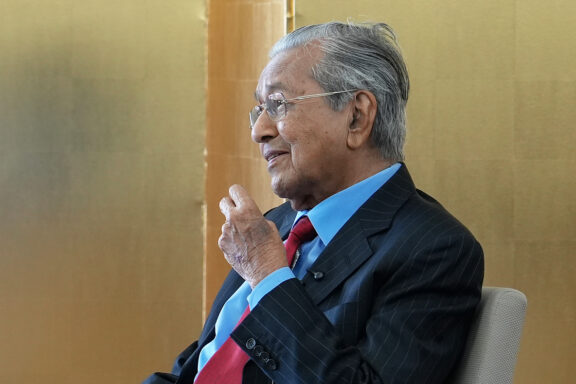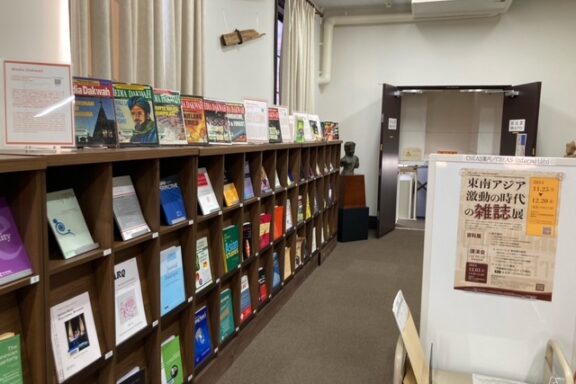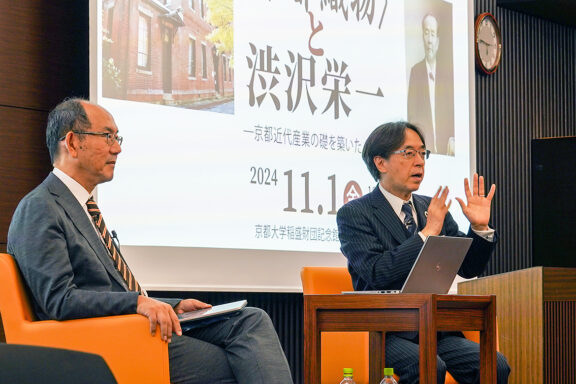On July 6–7, 2023, our Center, in collaboration with the Center for Southeast Asian Studies-Taiwan (CSEAS-Taiwan) at the National Chengchi University of Taiwan, held an international workshop on “Political Development in Southeast Asia: Implications to Indo-Pacific Democracy.” On the first day, 14 presenters, moderators, and discussants participated from Japan, Taiwan, Thailand, Malaysia, Indonesia, the Philippines, India, and the United States. Following opening remarks from our director, Professor Fumiharu Mieno, a keynote speech was delivered by Professor Alan H. Yang, the director of CSEAS-Taiwan. This was followed by three sessions on 1) the dynamism of domestic politics in the Philippines, Malaysia, and Indonesia, 2) Thai politics in the wake of recent general elections, and 3) regional challenges to democratization given domestic and international political contexts in India, Taiwan, Myanmar, and other countries. The discussants provided multifaceted comments, which stimulated lively discussions around the session presentations.
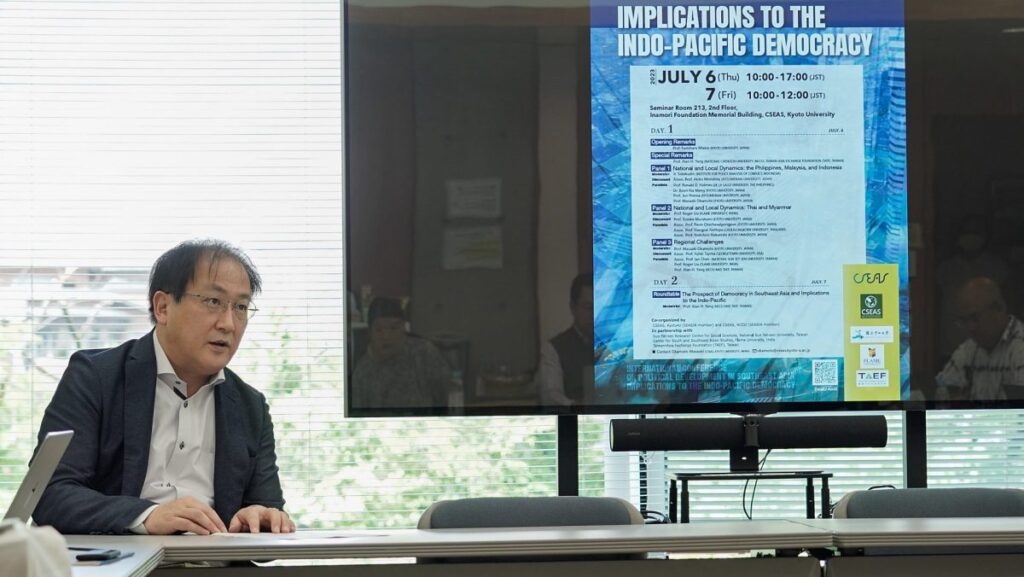
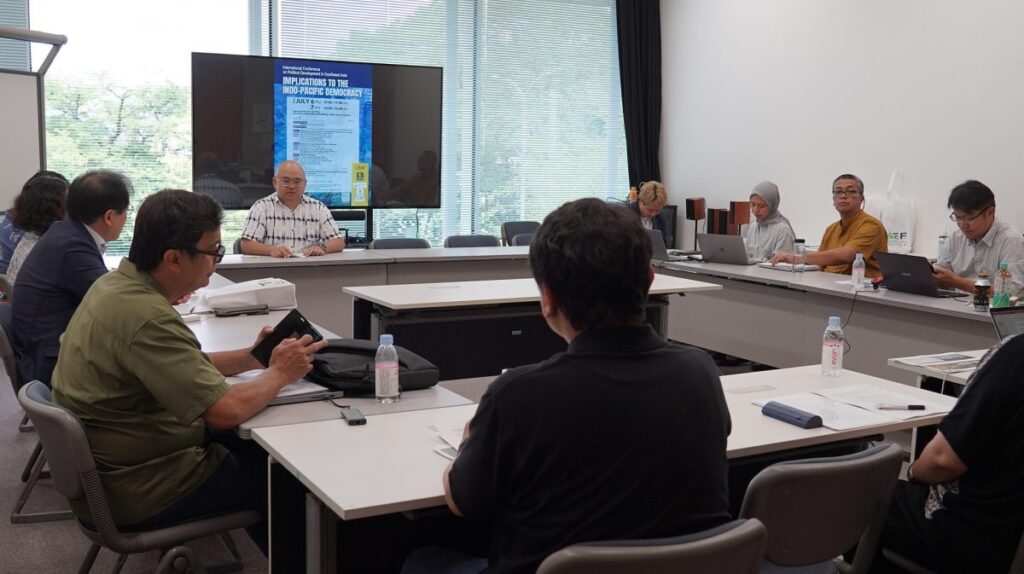
Each presentation emphasized that democratization has not necessarily progressed or deepened: in the Philippines, which has been democratizing since the mid-1980s, there are ongoing concerns about backsliding. In 2018, Malaysia experienced its first change of government since independence, but backroom politicking among the elites has been the norm and there is no significant transformation for further democratic consolidation. In Indonesia, the military has succeeded in expanding its political and economic interests under a civilian government. At the local level, we see an increasing number of uncompetitive direct local head elections, which might suggest a strengthening of local oligarchic rule. In Thailand’s elections of May this year, the opposition party, which calls for royal reform and a review of the conscription system, defied most expectations to become the leading party. It remains unclear, however, whether it will be able to assume power as entrenched interests attempt to block it from governing. Although the space for local democracy has widened, control by the Ministry of Interior continues to be a significant obstacle. Myanmar offers the worst case, as violence engulfs the country after a coup d’état in 2021.
In terms of international relations, the gap between developed and emerging countries in the Indo-Pacific vis-à-vis valuing democratic norms challenges strategic cooperation in the region. In addition, while India has largely maintained a democratic system since independence, it has shown no interest in promoting democracy in the Indo-Pacific region. This also may make it difficult to promote such cooperation.
Presenters outlined several potential and ongoing challenges to democratic consolidation in Southeast Asia. The discussions also revealed the problem of tending to analyze the development of democracy in Asia from a Western perspective. Positive political developments in some countries in Southeast Asia were also highlighted. For example, in Indonesia, the introduction of new “rules of the game” for direct local head elections opens more space for anti-oligarchy voices to be heard. In Thailand, the rise of the opposition party offers hope for political administration reform at the local level.
In a round-table format on the second day, participants discussed various aspects of democratic regression in the Indo-Pacific region and the movements against it. They also identified issues that could be the central theme of an English-language edited book to be published in the next fiscal year.
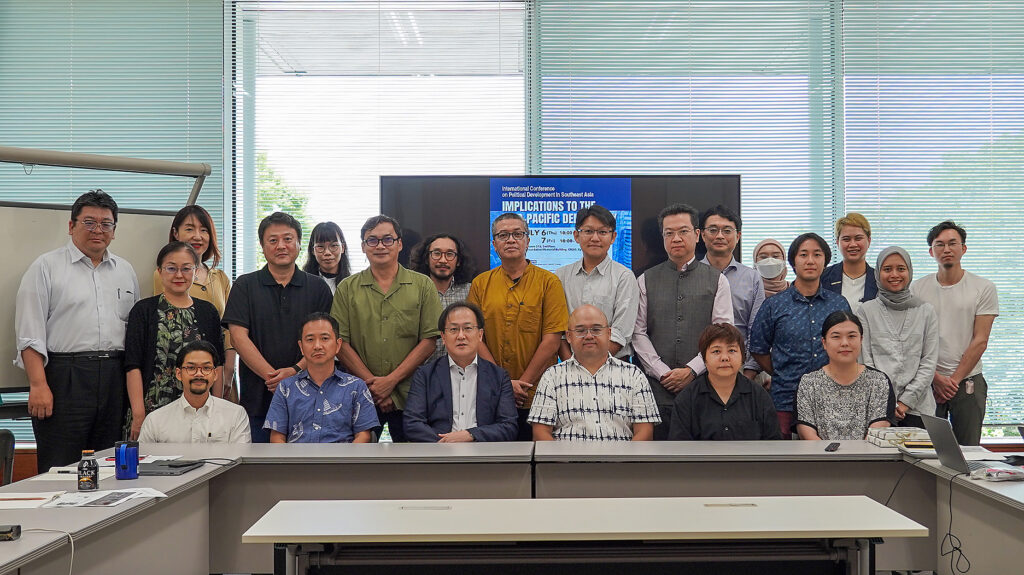
Please refer to the link for the program of this workshop.
https://kyoto.cseas.kyoto-u.ac.jp/en/event/20230706-07
(21 July 2023)
This article is also available in Japanese »
国際ワークショップ「Political Development in Southeast Asia:
Implications to Indo-Pacific Democracy」(岡本正明)



